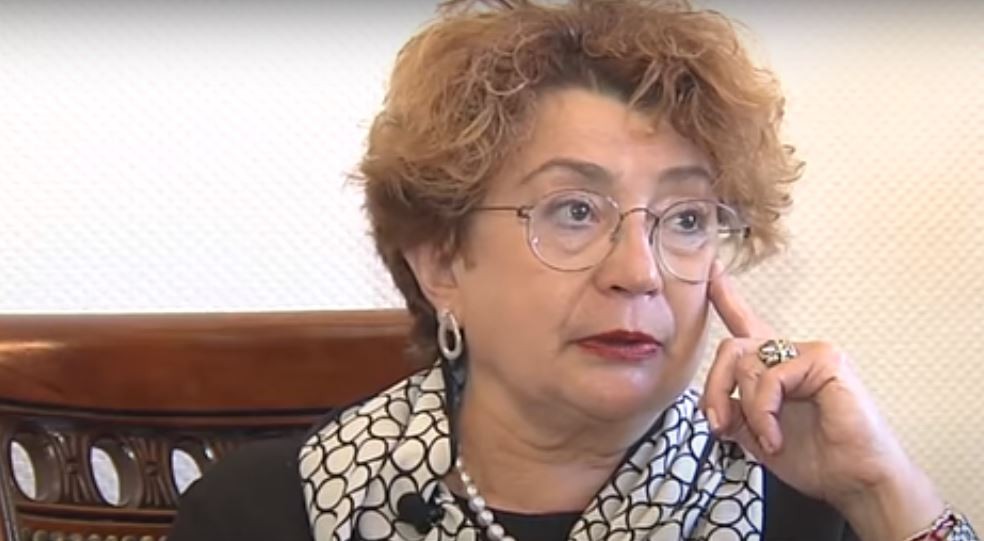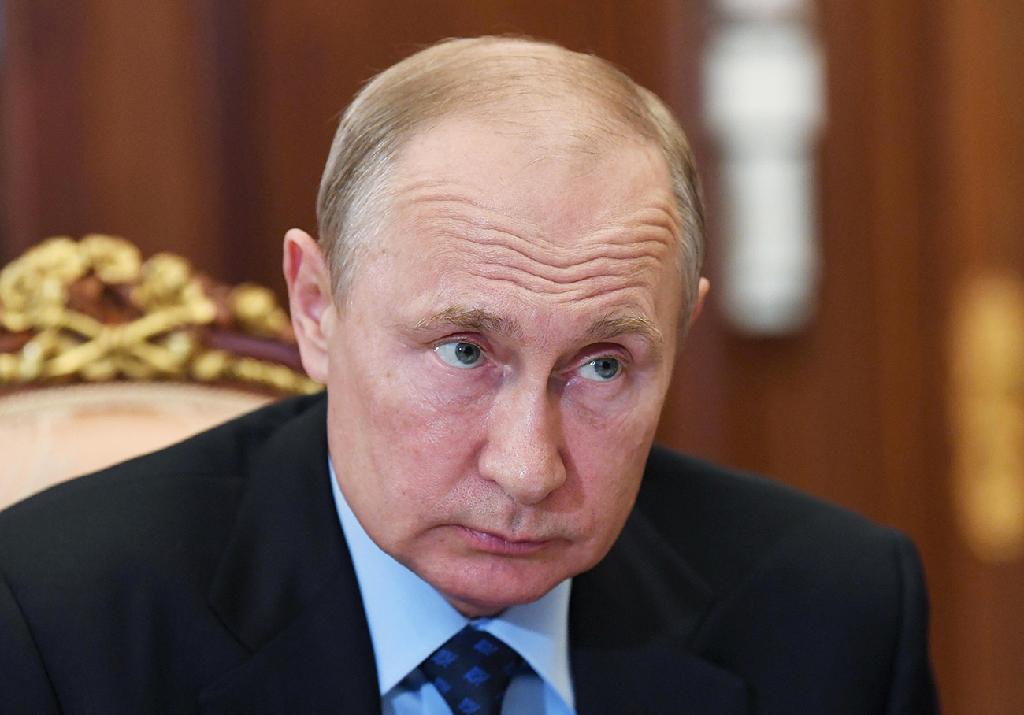Lithuanian Jewish leaders on Tuesday accused Russian President Vladimir Putin of "falsifying" history after he defended the Soviet annexation of the Baltic states during World War II.
While paying tribute to those who perished fighting the Nazis, the Jewish community dismissed Putin's attempt to play down Soviet crimes in Lithuania and fellow Baltic states Latvia and Estonia.
4 View gallery


The head of Lithuania's Jewish community, Fania Kukliansky
(Photo: YouTube Screenshot )
"We, the descendants of the Jews of Lithuania, oppose this falsification of the history of the enslavement of our independent Lithuania," community leader Faina Kukliansky and lawmaker Emanuelis Zingeris said.
They issued a joint statement in response to Putin's article in U.S. magazine The National Interest earlier this month in which he described the Baltic states' annexation as "incorporation."
"Their accession to the USSR was implemented on a contractual basis, with the consent of the elected authorities," Putin wrote, saying it was in "line with international and state law of that time."
Putin has repeatedly accused the West of playing down the Soviet contribution to the Nazi defeat - an estimated 27 million Soviet troops and civilians were killed in World War II.
But for many in the Baltic states, which were independent states after World War I, the Soviet takeover marked the start of decades of often brutal Soviet occupation rather than liberation.
4 View gallery


Monument in Naujoji Vilnia in memory of the Soviet deportations from Lithuania
(Photo: Courtesy )
"Lithuanian Jews who had a guarantee of ethnic continuity in independent Lithuania became the ethnic group most persecuted by the Soviet occupiers," Jewish leaders said.
"The majority of Lithuania's Jews didn't want a Soviet government.... The massive fight later by the Soviet Union and its satellites against Zionism became the hallmark of the entire period of Communist rule."
The Soviets invaded the Baltic states in 1940 under their infamous Molotov-Ribbentrop pact with Nazi Germany. A year later, in June, they deported some 43,000 Baltic citizens, including thousands of Jews.
That drive was cut short when Germany turned on its former allies the same month, pushing the Red Army out of the Baltic region as it invaded the Soviet Union.
4 View gallery


The memorial to Lithuanian Jews who were slaughtered by the Nazis at Panerai in Vilnius
(Photo: Archive)
In 1944-45, the Soviets put an end to the Nazi occupation - during which almost all of the region's Jews were killed - heralding the renewed deportations of hundreds of thousands and prompting an armed resistance that only ended in 1953.
Moscow refuses to recognize the Soviet takeover of the Baltic states as an occupation and it has never offered an apology or reparations.
It was only in March 1990 that Lithuania became the first Soviet republic to declare independence, before joining the European Union and NATO in 2004.


